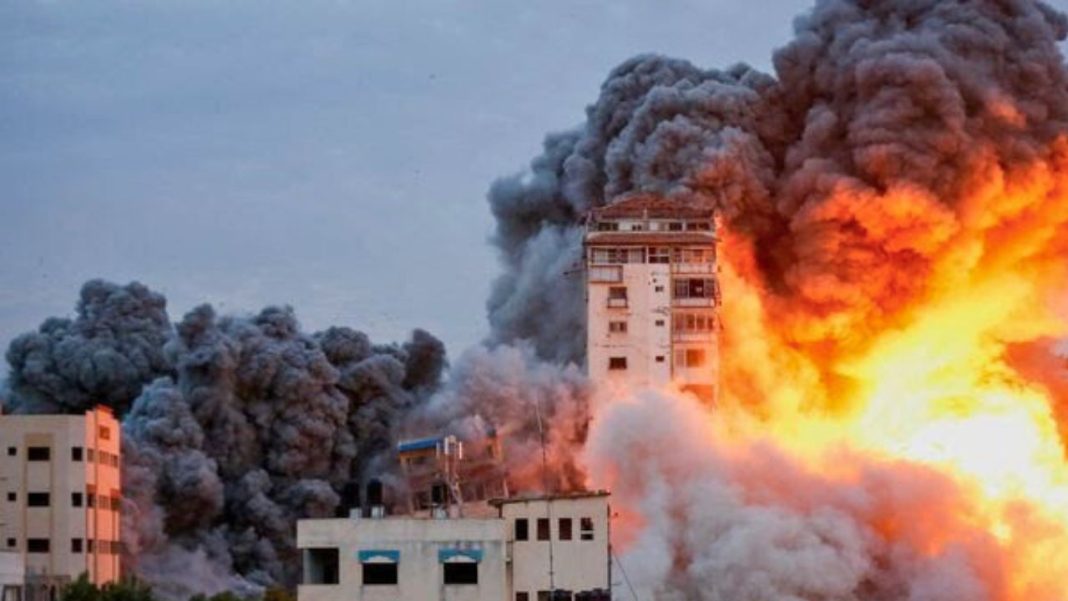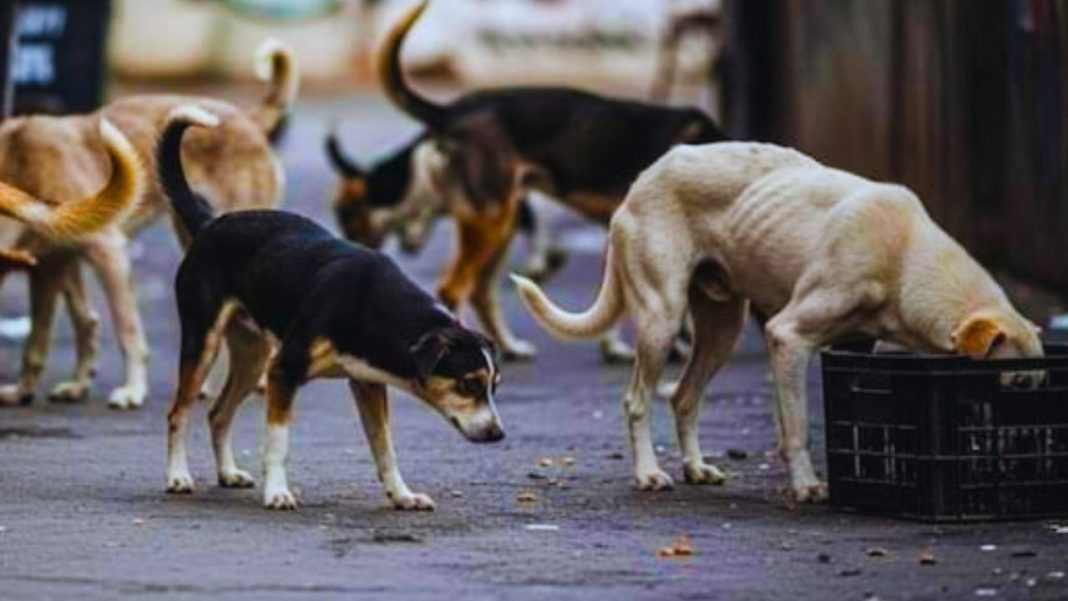India has a long-standing, principled position in support of Palestinian statehood, rooted in its foreign policy values of non-alignment, anti-colonialism, and support for national self-determination. India was among the first non-Arab countries to recognize the State of Palestine in 1988, and its support has remained steady since.
Indian leaders have regularly reiterated the country’s backing for a two-state solution based on peaceful dialogue and mutual respect. In meetings with Palestinian leaders, Prime Minister Narendra Modi and the Ministry of External Affairs have emphasized India’s call for ceasefire, restraint, and the right of Palestinians to live with dignity.
India has also extended significant humanitarian assistance to Palestine, including:
- Dispatching medical aid and relief supplies during times of crisis
- Contributing to infrastructure development, such as building schools and hospitals
- Providing scholarships and training to Palestinian students under the Indian Technical and Economic Cooperation (ITEC) program
- Establishing the Palestine-India Techno Park in Ramallah
- Donating land in New Delhi for the Palestinian embassy
India supports Palestine’s full membership in the United Nations and continues to vote in favor of resolutions affirming Palestinian rights in international forums. This enduring commitment showcases India’s balanced approach, maintaining strong relations with both Palestine and Israel while promoting peace in the Middle East.
Countries Recognizing Palestine
| Region | Countries Recognizing Palestine |
|---|---|
| Asia | Afghanistan, Bahrain, Bangladesh, Bhutan, Brunei, Cambodia, China, India, Indonesia, Iran, Iraq, Jordan, Kuwait, Laos, Lebanon, Malaysia, Maldives, Mongolia, Nepal, North Korea, Oman, Pakistan, Philippines, Qatar, Saudi Arabia, Sri Lanka, Syria, Turkey, United Arab Emirates, Vietnam, Yemen |
| Africa | Algeria, Angola, Benin, Botswana, Burkina Faso, Burundi, Cape Verde, Central African Republic, Chad, Comoros, Republic of the Congo, Democratic Republic of the Congo, Djibouti, Egypt, Equatorial Guinea, Eswatini, Ethiopia, Gabon, Gambia, Ghana, Guinea, Guinea-Bissau, Ivory Coast, Kenya, Lesotho, Liberia, Libya, Madagascar, Malawi, Mali, Mauritania, Mauritius, Morocco, Mozambique, Namibia, Niger, Nigeria, Rwanda, São Tomé and Príncipe, Senegal, Seychelles, Sierra Leone, Somalia, South Africa, South Sudan, Sudan, Tanzania, Togo, Tunisia, Uganda, Zambia, Zimbabwe |
| Europe | Albania, Belarus, Bosnia and Herzegovina, Bulgaria, Cyprus, Georgia, Iceland, Ireland, Malta, Poland, Portugal, Romania, Russia, Slovakia, Slovenia, Spain, Sweden, Ukraine, Vatican City |
| Americas & Caribbean | Argentina, Barbados, Belize, Bolivia, Brazil, Chile, Colombia, Costa Rica, Cuba, Dominica, Dominican Republic, Ecuador, El Salvador, Grenada, Guatemala, Guyana, Haiti, Honduras, Jamaica, Mexico, Nicaragua, Paraguay, Peru, Saint Kitts and Nevis, Saint Lucia, Saint Vincent and the Grenadines, Suriname, Trinidad and Tobago, Uruguay, Venezuela |
| Oceania | East Timor, Papua New Guinea, Vanuatu |
| वर्ग | Countries |
|---|---|
| Not Recognized | United States, Germany, Italy, Netherlands, Austria, Hungary, Czech Republic, Denmark, Estonia, Latvia, Lithuania, Greece, Japan, South Korea, Singapore, Micronesia, Palau, Marshall Islands, Israel |
| Yet to Recognize (Expected in 2025) | France, United Kingdom, Canada, Australia, New Zealand, Finland, Luxembourg, Andorra, Malta (official recognition pending), Portugal (official recognition pending), San Marino |
और पढ़ें: 10 Biggest Oil Price Shocks of 2025: What Indian Consumers and Businesses Need to Know



